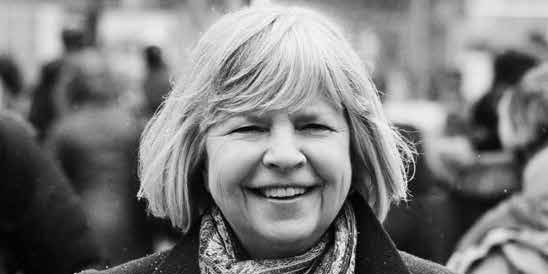Much is at stake for the future of accountability at the City of Toronto. A modern government cannot expect to retain the confidence of the people unless it is willing to hold itself accountable by submitting itself to the kind of scrutiny an independent ombudsman provides. While Council recognizes this in principle, insufficient finances increasingly contradict that support.
The residents of Toronto count on their municipal government to properly fund the office in order to meet our mandate effectively. That assumption remains unfulfilled, even though the money required is an investment in a strong system of accountability that produces savings and good governance.
I reluctantly have to warn Council and the public, again, that our ability to meet our statutory mandate defined by provincial legislation is undermined by a lack of funding. Toronto cannot have a legislated ombudsman who is “independent” and then have the office’s work indirectly controlled through budget allocation.
It could be said that the office is a victim of its own success. But that loses sight of who is important. The real victims of this funding shortfall are the residents who will not be able to get swift action on their complaints, those who continue to face unfair and unequal provision of city services.
—Ombudsman Fiona Crean in her 2014 annual report
